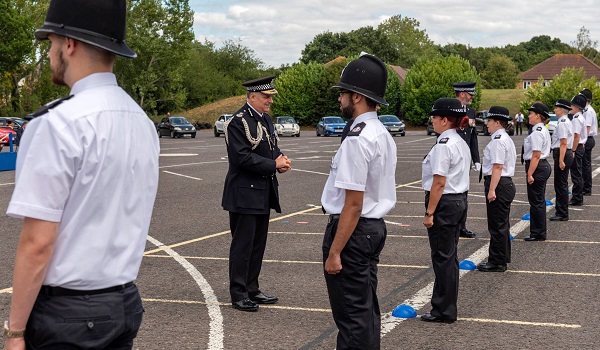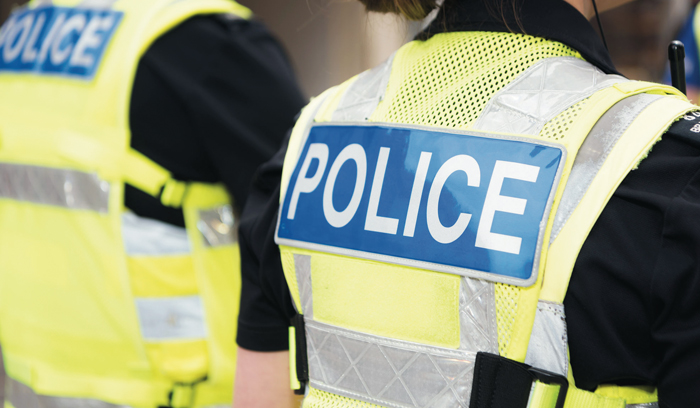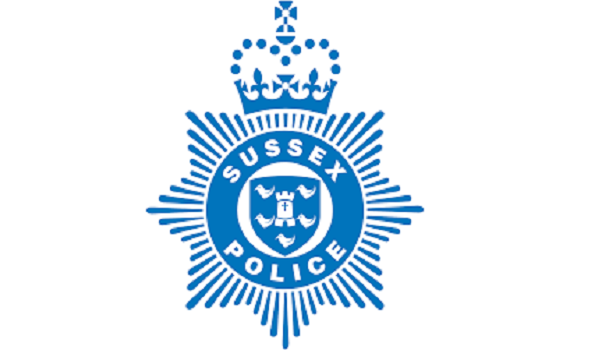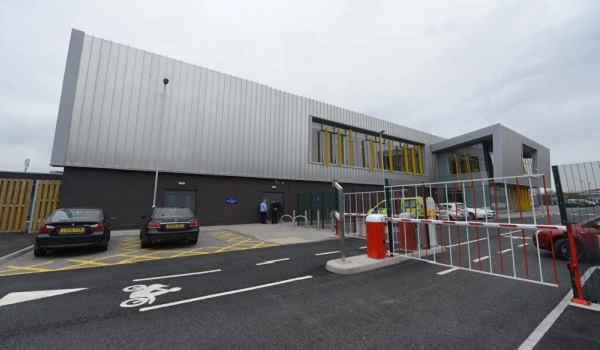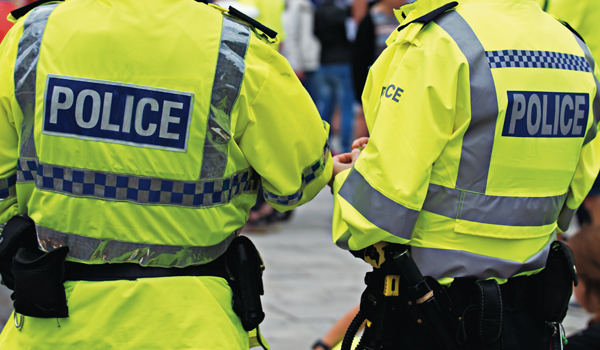Police recruitment on track to meet uplift targets
Nearly 90,000 people have applied to become police officers since the launch of the uplift campaign last October, the Home Office has revealed.
The figures come from the latest quarterly update on the progress of the Government’s campaign to recruit an additional 20,000 police officers within the 43 territorial forces in England and Wales over the next three years.
Up to June 30, an additional 4,336 officers had been hired as part of the 20,000 pledge.
The overall provisional headcount of officers in England and Wales is now 133,131 and the Home Office says it is on track to meet the target of 6,000 additional officers by March 2021.
Headcount is used to measure the police officer uplift because it tracks the number of new officers recruited and is the most comparable way to track progress throughout the recruitment processes.
Prime Minister Boris Johnson said: “As we’ve seen from the frontline response to the coronavirus, the work of each and every police officer helps to save lives and I would like to extend my gratitude to them, and to the new recruits, for joining the service and being a part of this heroic effort.”
Home Secretary Priti Patel said: “We are delivering on the people’s priorities – putting more police officers on the streets to cut crime and keep us safe. Our brave police officers have gone above and beyond during the coronavirus pandemic, clearly inspiring many others to join them.
“My support for them remains unwavering – they deserve our utmost gratitude and respect.”
Separately, the Home Office has published its bi-annual Police Workforce statistics. This publication shows that the police workforce has grown by five per cent compared to 31 March 2019. This includes the largest annual increase in officer numbers since 2003/04.
The Workforce statistics also show that forces are becoming more diverse and representative of the communities they serve. The figures showed the highest proportion of black, Asian and minority ethnic officers, as well as female officers, since records began.
The Home Secretary will today write to forces, praising them for their recruitment progress but urging them to fully utilise the opportunity presented by the uplift campaign to continue to diversify the police workforce.
Recruitment has continued at pace during the coronavirus pandemic, with forces adopting innovative solutions to bring in new talent. The College of Policing has developed an online assessment centre, allowing forces to assess candidates without the need for face-to-face contact.
The digital platform is already being used in 30 forces and will expand across the remaining forces during the next three months.
As the UK carefully begins to open up again, emergency COVID-19 guidance issued by the College of Policing to ensure safe recruitment processes will be reviewed at the end of September.
Chief Constable Mike Cunningham, CEO of the College of Policing, said: “The figures released today demonstrate policing’s ongoing commitment to bringing additional officers into the service.
“The new officers recruited through this campaign will ease the pressure on our existing workforce, help us to reduce crime and improve outcomes for victims, whilst helping us to improve the diversity of our staff.
“The College of Policing’s new national entry routes into policing are being implemented by forces across England and Wales and will ensure that those joining the service are trained to consistently high standards so they are equipped to meet the challenges and complexity of modern policing.”
National Police Chiefs’ Council Chair, Martin Hewitt, said: “Even during the height of the COVID challenge, forces have continued to recruit and train new officers. We are not complacent and our focus remains on the recruitment challenge of attracting those who are currently underrepresented to consider a career with us.”
Association of Policing and Crime Commissioners Chair Paddy Tipping said: “Police and crime commissioners are committed to meeting the targets for the recruitment of police officers established by the police uplift programme.
“It is testament to the hard work of the police service, both locally and nationally, that the service is on track to meet these targets while some forces have already met their target for 20/21, some eight months ahead of schedule, this despite the undoubted difficulties caused by COVID-19.
“Police and crime commissioners will be developing their discussions with chief constables about uplift and continuing the conversation about recruiting police officers that are representative of the communities they serve.”
Welcoming the progress John Apter, the national chair of the Police Federation of England and Wales said: “This increase in officers was desperately needed. There was cynicism in some quarters about whether the numbers set by the government could be met, and it is tremendously encouraging to see a growing interest in joining the force.
“This interest is despite some of the very negative reporting that has formed the news cycle lately, and I’m glad these biased and horrible reports have not put people off joining what is an immensely challenging but very rewarding career.
“However, as important as recruitment of new officers is, the retention of those we have is just as important. Experienced officers are leaving policing for a variety of reasons, more must be done to ensure we don’t lose that valuable experience.”
The report also contained statistics on the gender and ethnicity of officers for the first time, providing valuable insight into the makeup of the 43 forces at a time when policing’s relationship to minority communities is under intense scrutiny.
Of the 133,131 officers in post, 7.4 per cent (9,562 officers) self-defined their ethnicity as Black or Black British, Asian or Asian British, Mixed or multiple ethnic groups, or other ethnic group.
Of these officers, 43 per cent identified as Asian, 29 per cent as Mixed, 17 per cent as Black, and the remaining 11 per cent as Other. The ethnicity of the officer was not known in 1.6 per cent of cases.
As at 30 June 2020 there were 43,638 female officers in the 43 territorial police forces, making up a third of all officers (33 per cent).
Mr Apter continued: “We must be relentless in reflecting the communities we police – for the first time we have statistics as part of this report showing where we are improving and, more importantly, where we still need to make a change.”


